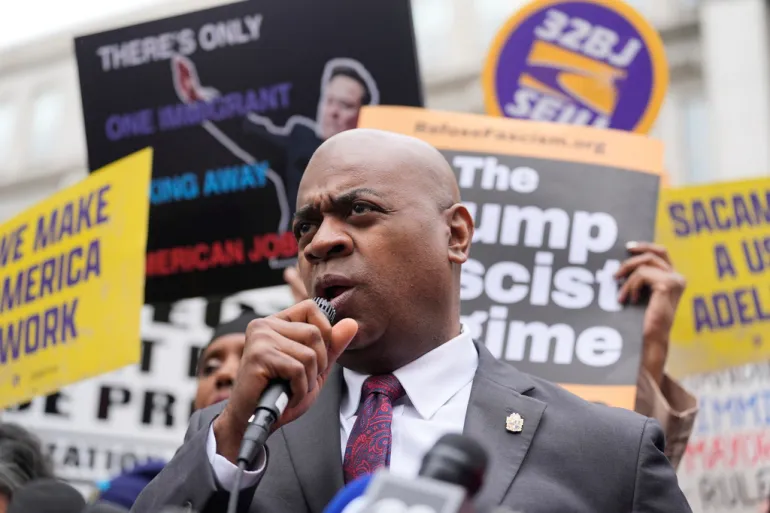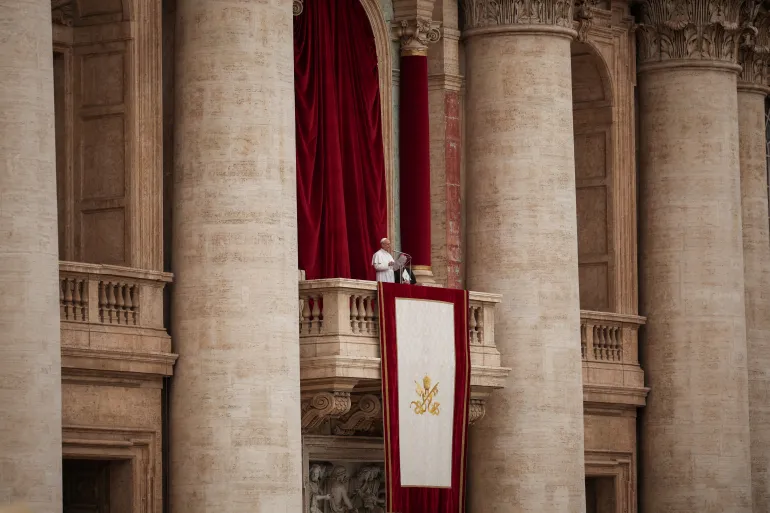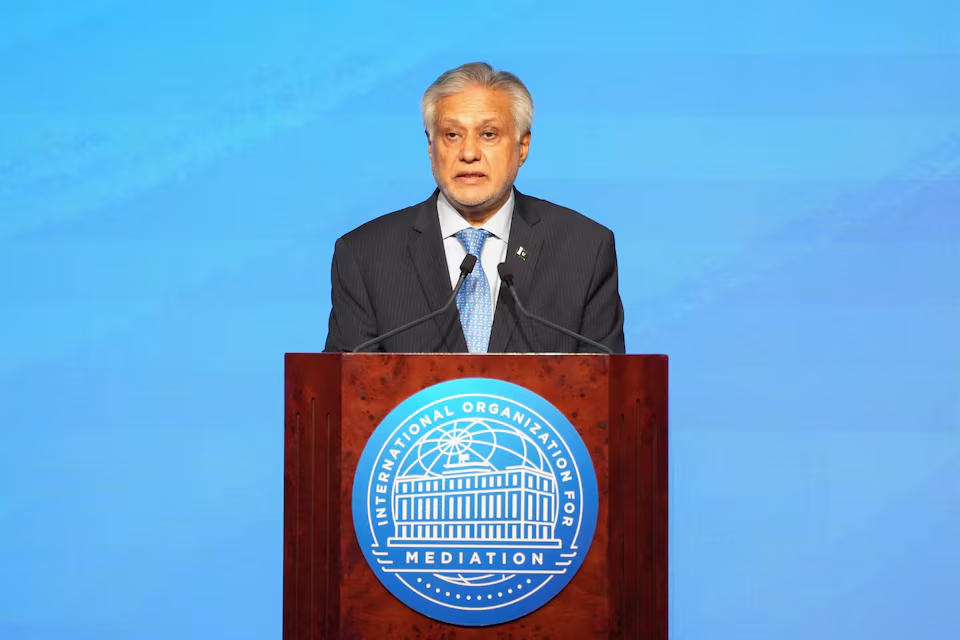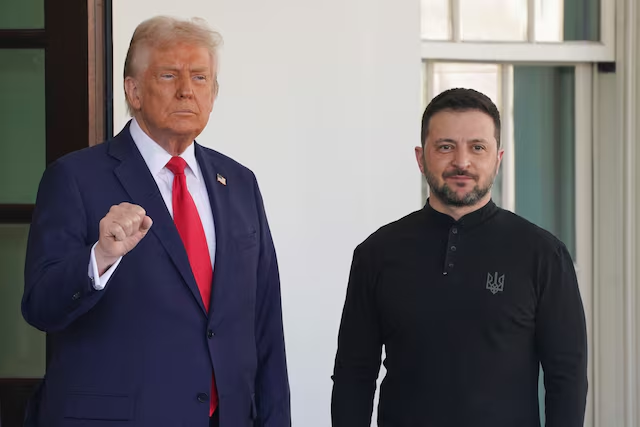Newark Mayor Ras Baraka is contesting trespassing charges filed against him after his arrest during a protest at the Delaney Hall immigration detention center in Newark, New Jersey. Baraka’s lawyers argue that his arrest and prosecution were politically motivated, aimed at targeting him due to his outspoken opposition to federal immigration policies under the Trump administration. His legal team has announced plans to file a motion to dismiss the charges, emphasizing that the mayor was unlawfully singled out.
The arrest occurred on May 9, 2025, during a surprise visit by Baraka and several lawmakers—including U.S. Representatives LaMonica McIver, Bonnie Watson Coleman, and Rob Menendez—to the Delaney Hall detention facility. The lawmakers intended to conduct an unannounced oversight inspection of the site, which has been heavily criticized for its harsh treatment of detainees and controversial immigration enforcement practices.
While the other visiting officials were granted entry to the facility, Mayor Baraka was denied access and subsequently arrested outside the premises. According to Baraka’s defense attorneys, he had been invited into the detention center and was on public property at the time of his arrest. They argue that the mayor did not trespass and that his arrest was an attempt to intimidate a vocal local official opposing federal immigration policies.
On the other hand, the U.S. Attorney’s Office claims that Baraka entered and remained on private property despite multiple warnings to leave. Assistant U.S. Attorney Stephen Demanovich presented evidence purportedly showing that Baraka was inside the facility’s boundaries when arrested. However, Baraka and his legal team vehemently deny these claims, maintaining that the mayor was exercising his constitutional right to oversight and protest.
Civil rights organizations, including the American Civil Liberties Union (ACLU), have expressed concern over the arrest and subsequent charges. The ACLU contends that the prosecution of Baraka may represent an effort to discourage local leaders from challenging federal immigration enforcement policies. The organization has called for the charges to be dropped, asserting that Baraka was acting within his rights.
The legal battle is scheduled to proceed to trial in mid-July 2025, coinciding with the New Jersey gubernatorial primary election. Baraka is currently a Democratic candidate for governor, and his arrest has injected a contentious immigration issue into the campaign. The mayor has vowed to continue his opposition to the Delaney Hall facility and federal immigration enforcement, framing the charges against him as part of a broader political struggle.
Baraka’s arrest and the ensuing legal proceedings have attracted significant public attention and support. Demonstrators gathered outside the courthouse during his court appearance, highlighting the politically charged atmosphere surrounding the case. The trial’s outcome could have wider implications, potentially influencing the balance of power between local governments and federal immigration authorities.
The case has also reignited debates over the role of local officials in immigration enforcement. Many local governments across the United States have increasingly resisted federal immigration crackdowns, seeking to protect immigrant communities and challenge federal detention practices. Baraka’s arrest symbolizes this ongoing conflict between local autonomy and federal authority.
The Newark mayor’s defiance of the Delaney Hall facility is emblematic of the broader opposition to what critics describe as aggressive immigration policies that disproportionately impact marginalized communities. Baraka’s supporters argue that local leaders must have the ability to hold federal agencies accountable and protect their constituents from harsh enforcement tactics.
Meanwhile, federal officials maintain that enforcing immigration laws is a necessary component of national security and legal order. They contend that unauthorized entry onto private property, regardless of the intent, is a violation of the law that must be addressed.
As the trial approaches, the case of Ras Baraka will likely serve as a focal point for discussions about immigration policy, civil rights, and political accountability. With the New Jersey gubernatorial race underway, the issue of immigration enforcement is expected to play a central role in shaping voter opinions and political strategies.
In summary, Newark Mayor Ras Baraka’s arrest and legal challenge underscore the deep divisions and tensions surrounding immigration enforcement in the United States. The proceedings will test not only the specific charges against Baraka but also the broader question of how far local leaders can push back against federal policies they deem unjust. The coming months will reveal whether Baraka’s defiance will translate into legal vindication and political momentum or further legal and political challenges.
Source; Al Jazeera



